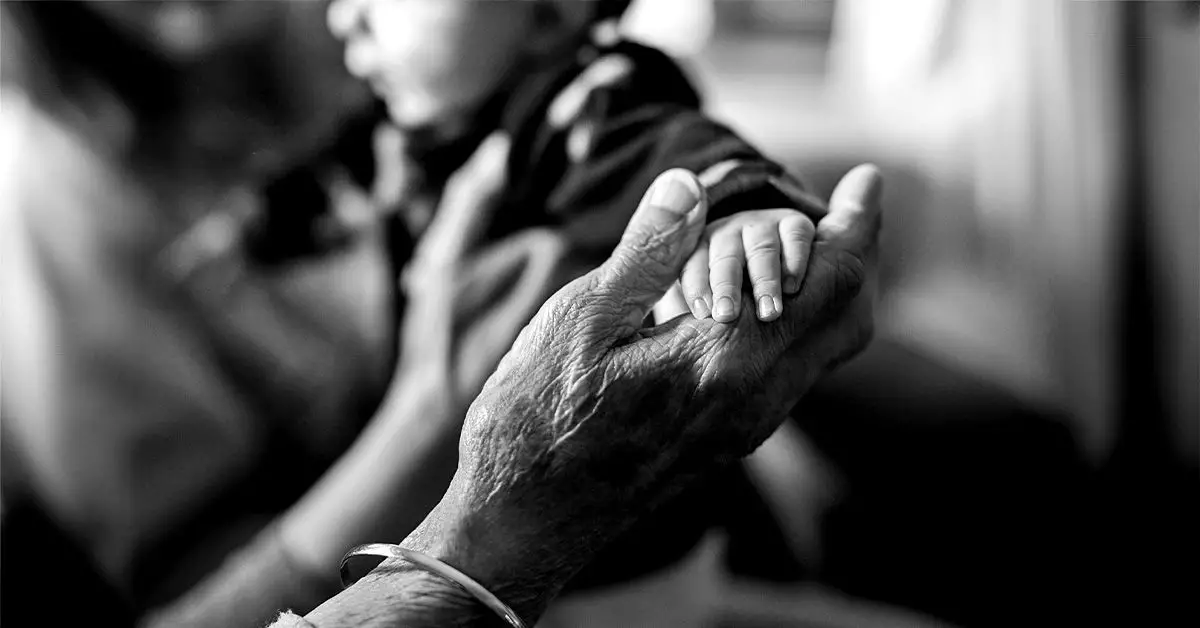Alzheimer’s disease is a devastating neurological disorder that not only affects cognitive function but also profoundly alters a person’s behavior and personality. As the disease progresses, individuals with Alzheimer’s experience significant memory loss, confusion, and impaired judgment. These changes can have a profound impact on how they perceive and interact with their environment.
One of the most significant risks of allowing individuals with Alzheimer’s disease to care for babies and children is the potential for unpredictable behavior and forgetfulness. The disease affects the brain’s ability to process information, regulate emotions, and maintain physical coordination. This can result in dangerous situations where a person with Alzheimer’s may become confused about how to handle a baby safely. Additionally, sudden movements or loud crying from a baby could startle or agitate someone with Alzheimer’s, leading to distress for both parties.
The interaction between individuals with Alzheimer’s disease and children, especially babies, requires special attention due to the vulnerabilities of both parties. Babies require gentle handling and precise care, which individuals with Alzheimer’s may struggle to provide due to cognitive and physical limitations. Factors contributing to the potential risks include unexpected behavior, physical limitations, communication barriers, and sensitivity to stimuli.
To mitigate these risks, caregivers and family members should implement strategies to protect both individuals with Alzheimer’s disease and children. These strategies include supervising interactions, creating a calm environment, and setting clear boundaries. It is crucial to remember that while pleasant interactions such as laughing, singing, and playing may occur, another adult should supervise these interactions to prevent fatigue, frustration, or hunger in the person with Alzheimer’s.
Alzheimer’s disease progresses through stages and presents with a variety of symptoms, including memory loss, impaired judgment, altered perception, emotional instability, and physical coordination issues. It is crucial to recognize these symptoms and provide appropriate care and support to individuals with Alzheimer’s disease.
Alzheimer’s disease is influenced by a combination of genetic, lifestyle, and environmental factors that affect the brain over time. Age, genetics, lifestyle choices, heart health, and head trauma can all contribute to an individual’s risk of developing Alzheimer’s disease.
While there is currently no cure for Alzheimer’s disease, treatments such as medications, lifestyle changes, and supportive therapies can help manage symptoms and improve the quality of life for individuals with the condition.
Providing comprehensive care for individuals with Alzheimer’s disease involves medical treatment, emotional support, and practical assistance. Caregivers play a crucial role in supporting individuals with Alzheimer’s and can benefit from education, support groups, respite care services, and legal and financial planning resources.
Allowing individuals with Alzheimer’s disease to care for babies and children can pose serious risks due to the changes in behavior and cognitive function associated with the condition. Caregivers and family members must take appropriate measures to protect the safety and well-being of both the individual with Alzheimer’s and the child. While there is no cure for Alzheimer’s disease, proactive management and support can help improve outcomes for those living with the condition.

